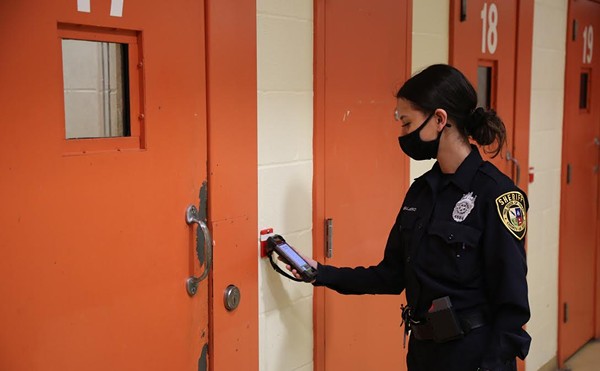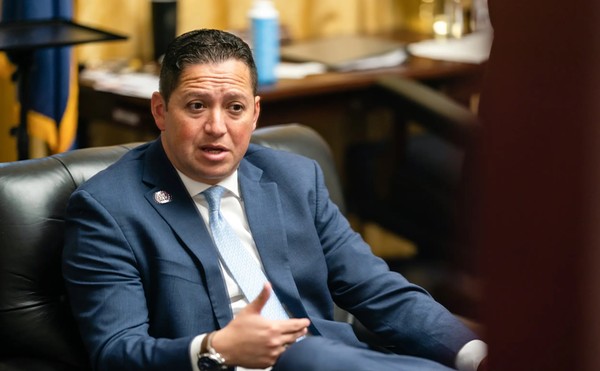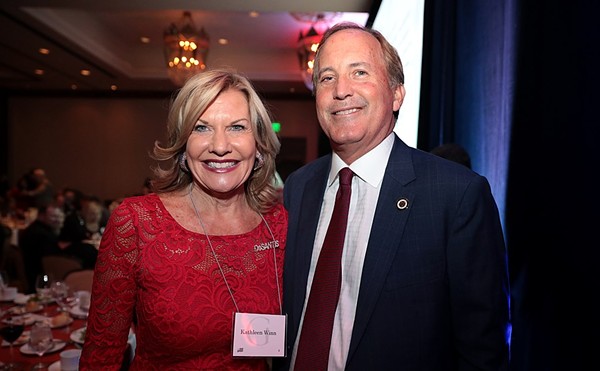I am not an expert, but in four years and more than 500 cases, I have learned a few things about poverty. Being poor is tough. Life is a constant struggle for the basics, which come either not at all or in inferior form. Some end up homeless, while others end up in poor neighborhoods with high crime, bad schools, and indifferent landlords. Eviction and homelessness are never far away. Health insurance is not affordable or accessible. Chronic diseases are not treated and emerging health problems are not addressed. Work is hard to come by, and when a job is found, it is often menial, and underpaid. Poverty means a grueling life of sacrifices, tough choices, and unmet aspirations. Above and beyond the physical depredations, the mental strain of living on the edge is tremendous. The conditions that create poverty start early on in life — during adolescence — and if poor choices are made during this time, it is almost impossible to recover. Unlike many of the middle-class people reading this column, no one bails you out of your youthful mistakes. Once they’ve established a criminal record, dropped out of high school, or become single parents, the die has been cast. The punitive nature of our society makes it almost impossible to overcome these early barriers. If we are not going to address these causes early enough to make a difference, after-the-fact punishment is not preventative: It is only cruel, and only compounds the harshness of life for the chronically poor.
Poverty tends to be tied intimately into physical and mental-health problems, and substance abuse. I don’t know if the chicken or the egg came first, but I know it creates a downward spiral that is extremely difficult to overcome and essentially guarantees a permanent state of poverty for many people. In short, poverty is not a desired condition, and cannot be overcome with a dose of hard work and personal responsibility. Poor people deserve compassion, not punishment and unnecessary hardship. By and large, they are not trying to game the system; they are struggling to make ends meet through very difficult circumstances.
All of which brings me to the San Antonio Housing Authority. Their mission is to provide housing for the poor, either directly, or through vouchers to subsidize private rental agreements, a program known as Section 8. Rules are required to keep these programs operating, but given the nature of their mission and their client community, these rules should be enforced with a sense of compassion rather than as a weapon.
The first voucher termination hearing I attended involved a grandmother who was accused of having an “unauthorized guest” because she let her grandson spend some nights with her. His parents were out of the picture, and she was afraid that he would end up on the streets, involved in crime, drugs, and gangs, and wanted to give him a place to stay where she could influence him in a positive direction. She ate only rice and beans so she could save some of her meager income to take care of her grandson during the times he would show up. There is no reason SAHA should have tried to remove her from assistance, yet we were forced to undergo an adversarial proceeding before a neutral hearing officer before he agreed to let her stay.
I learned quickly that SAHA has a sort of obsession with missed appointments, but even I was surprised when someone came to our office because her SAHA contract had been terminated after she missed a scheduled inspection because she had chest pains and went to the emergency room. She had the documentation to prove it. After we asked for a new hearing and were granted a new inspection, she failed her inspection due to “clutter,” among other violations, and termination proceedings were reinitiated. When I went out to visit her and her children and talk to the landlords, the “clutter” cited was an obvious case of hoarding. She needed mental help, not homelessness, and an agency with the size and resources of SAHA should have easily spotted that well before I did.
Despite repeated efforts, we have never been able to get SAHA to take mental illness seriously. They just don’t know how to handle it. I remember waiting in the lobby for a hearing, seeing a confused man sitting nearby. The SAHA hearing officer then came out and told me that she had just had that resident terminated from the program for missed appointments, but he showed up hours late for his hearing. She thought he had mental problems, and asked if I would try to get his benefits restored. As it turned out, he was schizophrenic, and after some hassle, he was restored to the program. It occurred to me that there is something dyfunctional about a public agency that spots a person who has violated a rule due to an obvious mental illness, and yet has no internal mechanism for dealing with that. Their course of action was to terminate the individual from the program through a SAHA hearing, and then ask an outside agency to ask another part of SAHA to restore him to the same program. What if I hadn’t been sitting in the lobby that day?
More recently, a woman in public housing was evicted for an “unauthorized guest” engaging in “criminal behavior” because the father of her children had entered onto the property to visit other friends, had been jumped and stabbed, and ran to her apartment bleeding and asked her to call 911. After SAHA gave her notice of the eviction, they told her they would not accept her rental payments anymore, as they were in the process of evicting her. After it was made clear that SAHA could not prove that he either was a guest or engaged in criminal behavior, they argued that she should be evicted for owing $150 in back rent — the money they told her not to pay — even though she was always willing to pay her rent, up to and including the day of trial. When I told them she was seven months pregnant and with complications, and that homelessness should be delayed at least for the sake of the unborn child, they would not agree. We asked to look at her tenant file before trial, to which she is entitled, but they refused to answer the request until after the trial was over.
I have dealt with slumlords and their attorneys, but I have never encountered a landlord who employed attitude and strategy as cold-hearted and cynical as in that case, and in SAHA cases generally. I have twice asked Judge David Rodriguez to present me with his factual findings, something he is legally obligated to do, and yet he has refused to do so. I have asked SAHA’s attorney to explain why someone was evicted for owing money, when they have repeatedly told us that they do not evict poor people simply for nonpayment if the individual can pay by the time of trial, as was the case here. I continue to await her reply.
Bureaucracies like SAHA tend to be more focused on following their internal rules than on accomplishing their mission. As more and more people lose their homes in the wake of the financial-market meltdown and apply for rental assistance, we need a city agency that understands the nature of poverty and is prepared to help. There are good people at SAHA, but they are operating in a bureaucratic environment that wastes taxpayer money and fails to adequately perform its core mission. Unless this changes, we can expect more homelessness in our city, and more untold human suffering. •
Aaron Haas is a staff attorney with Texas RioGrande Legal Aid. His opinions do not reflect those of TRLA. His next column will appear in the May 19 issue of the Current.

















